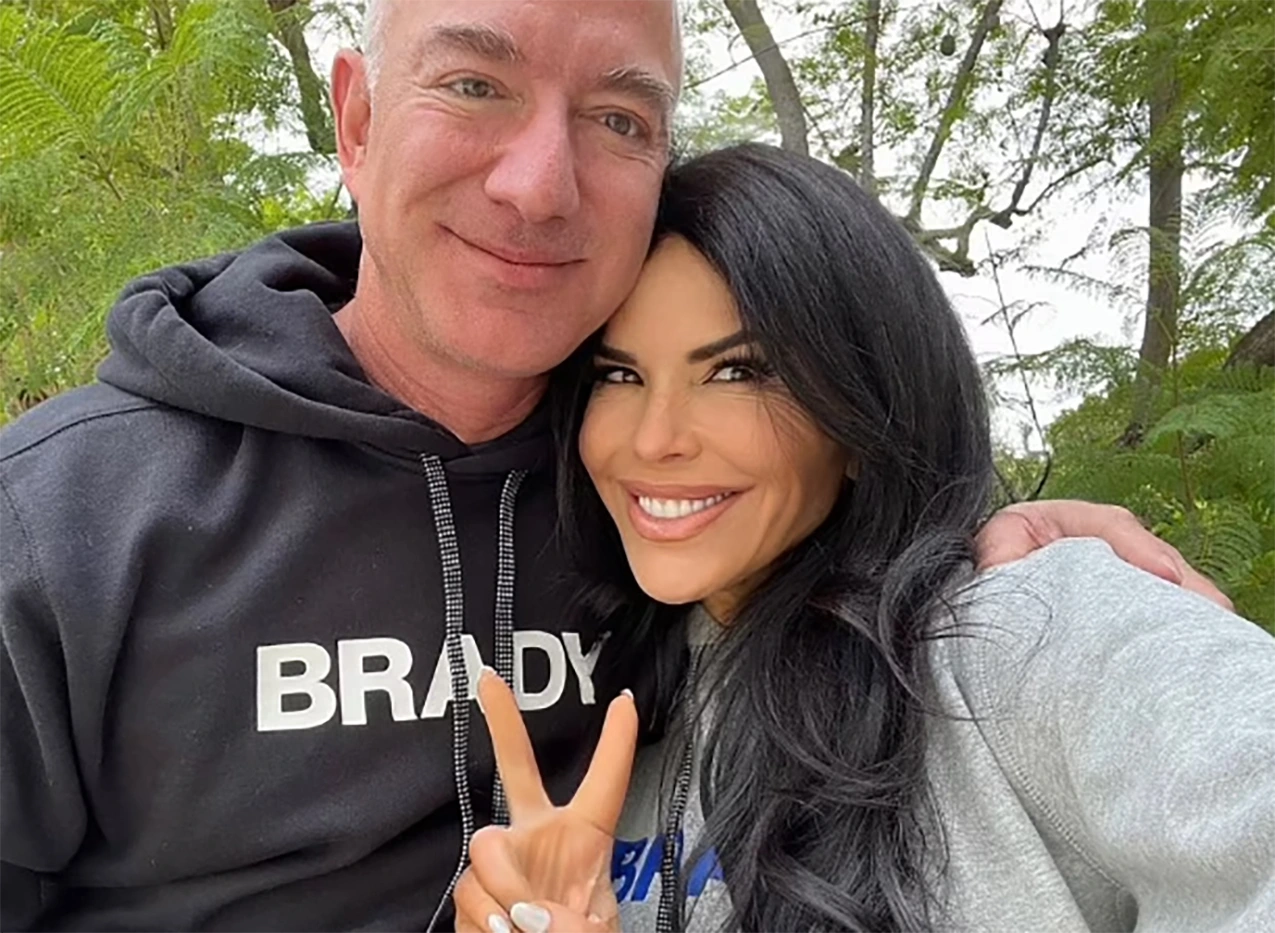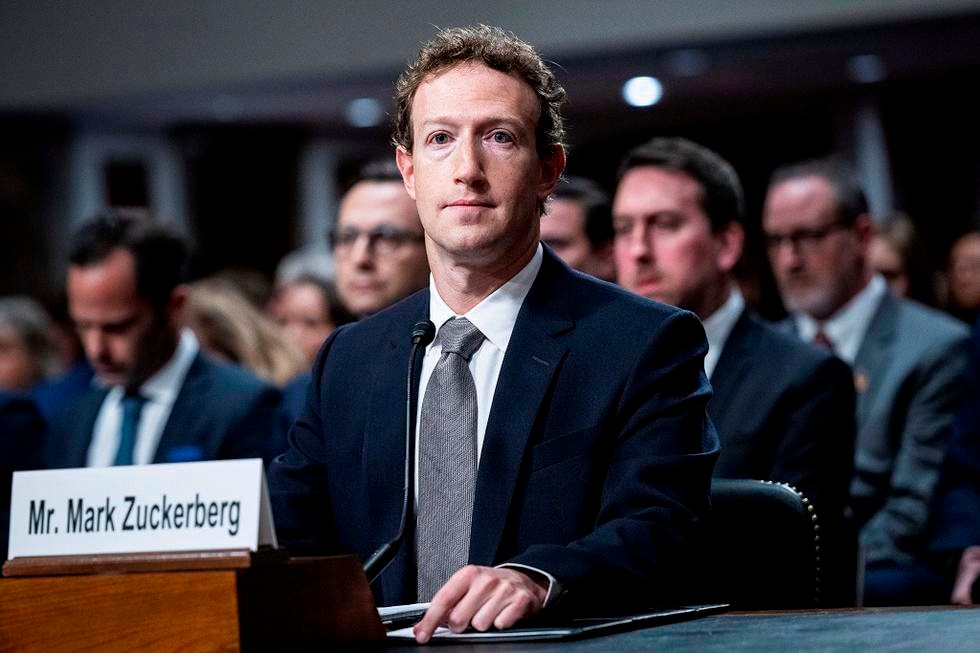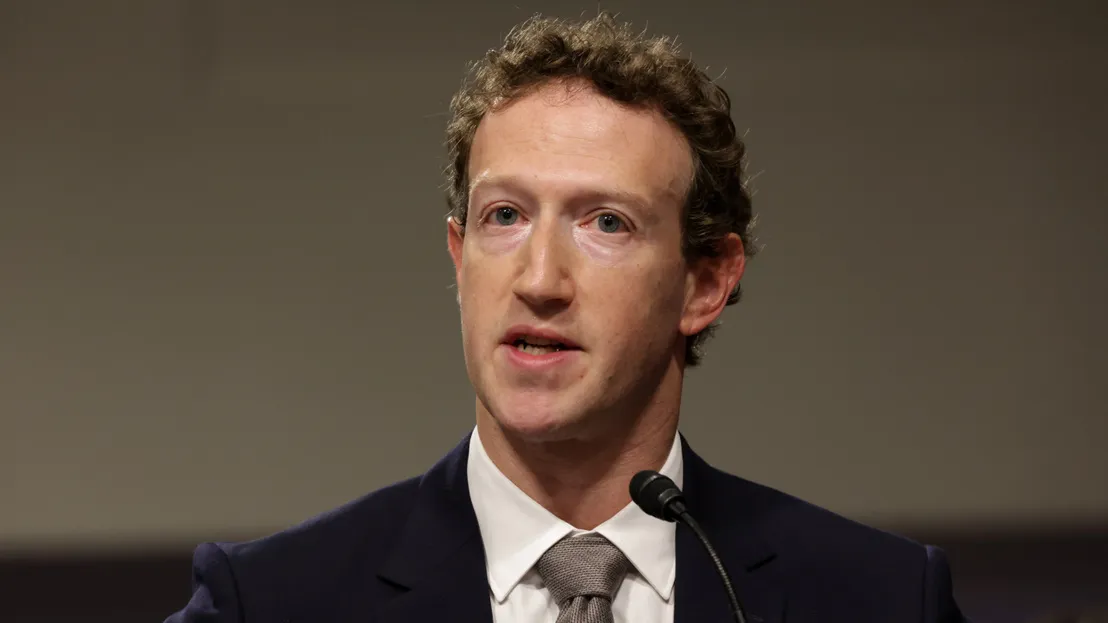
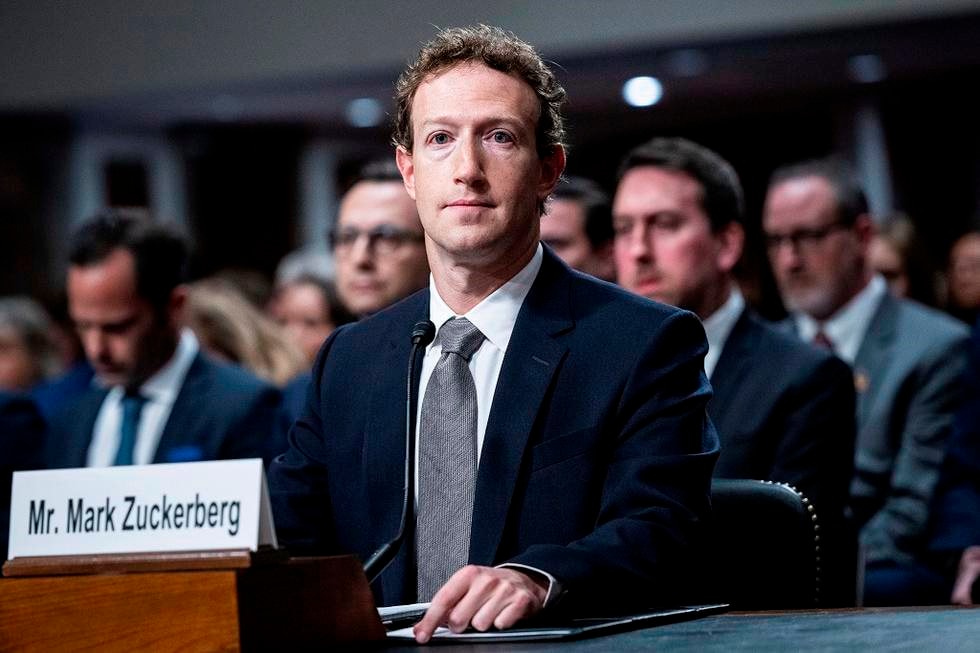
Are Mark Zuckerberg’s Kids Using Meta’s AI Tools Accused of Harming Children?
Introduction
When it comes to the intersection of parenting, technology, and power, few stories capture global attention quite like those involving Mark Zuckerberg, the billionaire CEO of Meta Platforms. Known for his relentless push into artificial intelligence, Zuckerberg often speaks about the benefits of Meta AI for education, creativity, and communication. But an uncomfortable question has started to emerge: Are Zuckerberg’s own children using the very AI tools that critics accuse of harming kids around the world?
The answer isn’t simple. On the one hand, Zuckerberg insists that AI can empower families, helping kids learn languages, create art, and safely explore digital worlds. On the other, watchdogs, parents, and regulators warn that Meta’s products may expose children to privacy risks, addiction, harmful content, and developmental consequences. This tension between Zuckerberg’s personal family life and his corporate empire has made the debate deeply personal—and globally significant.
Zuckerberg as a Father in the Age of AI
Mark Zuckerberg and his wife, Priscilla Chan, are parents to three young daughters: Max, August, and Aurelia. Despite their enormous wealth, the couple has often emphasized wanting their kids to grow up “normal,” with household routines that include baking, gardening, and even chores. Yet, it is nearly impossible to ignore the fact that their father runs the company shaping much of the online world.
For many parents, the critical question is simple: If Meta AI tools are safe for kids, wouldn’t Zuckerberg’s children be the first to use them? Conversely, if the tools pose risks, would the CEO shield his own family while promoting them to billions of others?

What Exactly Are Meta’s AI Tools?
To understand the controversy, one must look at the wide array of AI-powered products Meta is rolling out:
-
AI Companions in Messenger and Instagram that act like digital friends.
-
AI Filters and Content Generators on platforms like Facebook and Instagram.
-
Parental Tools powered by AI that monitor time spent online or flag risky behaviors.
-
Educational Applications connected to Meta’s AI research, including language learning and virtual reality classrooms.
Zuckerberg has described AI as central to the future of Meta, but many child advocates worry these products are double-edged swords.
The Accusations: “AI Is Harming Children”
1. Addiction and Overuse
Critics argue that Meta’s AI-driven algorithms are designed to maximize screen time. By making recommendations more precise and personalized, the tools risk creating digital addiction. For children, whose brains are still developing, this can lead to problems with attention, sleep, and real-world socialization.
2. Exposure to Inappropriate Content
AI-generated content filters are far from perfect. Researchers have documented instances where children encounter violent, sexual, or misleading material despite supposed protections. If Zuckerberg’s children use these tools, how would their parents safeguard them against such risks?
3. Privacy Concerns
Meta already faces global criticism for how it handles user data. With AI tools collecting even more personal information, including children’s conversations with AI companions, privacy advocates warn of unprecedented risks. The idea that Zuckerberg’s daughters’ data could be stored, analyzed, or misused sparks outrage among critics.
4. Mental Health Effects
Studies link heavy social media use to rising levels of anxiety, depression, and loneliness among teenagers. While AI assistants might provide companionship, psychologists worry that replacing human interaction with AI-driven “friends” could further erode mental health.
5. Educational Value vs. Distraction
Though Meta markets AI as a tool for learning, many parents see it as more distracting than helpful. Would Zuckerberg’s own children rely on AI for homework, or are they protected by private tutors and offline experiences?
What Zuckerberg Has Said
Publicly, Mark Zuckerberg defends AI tools as beneficial for children when used responsibly. He claims Meta is investing heavily in safety, moderation, and parental controls. In interviews, he has suggested that his children will eventually interact with Meta AI in ways that are “fun and educational.”
Privately, however, reports suggest the Zuckerberg household imposes strict screen time limits. Insiders claim that while his daughters may experiment with technology, much of their daily lives remain offline—raising suspicions that Zuckerberg himself knows the potential harms are real.
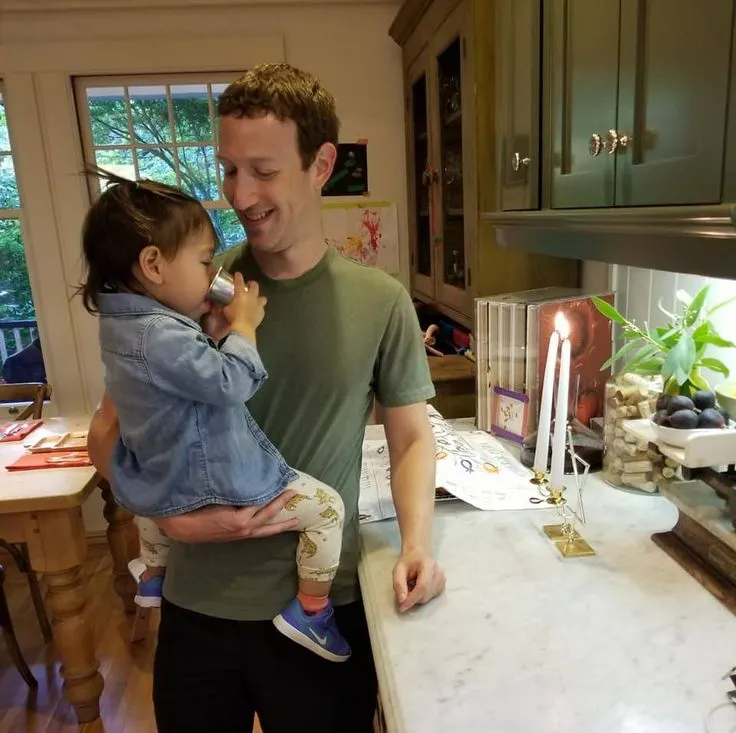
Meta Under Fire
The debate about Zuckerberg’s children comes amid a storm of lawsuits, hearings, and investigations. In the U.S., dozens of state attorneys general have sued Meta, alleging that its platforms knowingly harm children’s mental health. Congressional hearings have featured grieving parents who blame Facebook and Instagram for their children’s struggles.
Meanwhile, in Europe, regulators have tightened restrictions on children’s data and AI systems, pressuring Meta to prove its tools are safe. Critics point out that if Zuckerberg’s daughters are shielded, while millions of other children face risks, the double standard would be glaring.
Parental Dilemma: Role Model or Warning Sign?
Parents around the world look to powerful figures for cues. If Zuckerberg proudly shared that his daughters use Meta AI companions to learn French, or that they create artwork through AI, it might reassure families about the technology’s safety. On the other hand, if he avoids letting his children near Meta’s platforms, it sends a very different message: AI is good for profits, but not for my family.
This dilemma is not unique to Zuckerberg. Tech executives, from Steve Jobs to Bill Gates, famously limited their children’s access to devices, even as they sold them to the world. The idea that the wealthiest families practice digital abstinence while others are left with addictive products is fueling public anger.
What Experts Say
-
Child Psychologists: AI companions could delay emotional development by reducing real-world peer interaction.
-
Educators: Tools like AI-powered tutors may help children learn faster, but they risk replacing human teachers.
-
Privacy Advocates: Children’s data, once collected, can never be fully erased—posing lifelong risks.
-
Tech Ethicists: If AI tools become integral to childhood, society risks raising a generation that cannot function without machines.
Could Zuckerberg’s Kids Be the Safest Users?
Ironically, Zuckerberg’s own children might be among the safest users of Meta AI. They likely have constant supervision, private security over their data, and direct access to the engineers who design these tools. Most families do not have such protections. That gap underscores the inequality of the digital age—where AI can be enriching for a few and harmful for the many.
The Future of Meta AI for Children
Looking ahead, Zuckerberg envisions Meta AI assistants integrated into education, offering personalized teaching to millions of students worldwide. He imagines children creating music, art, and even coding projects with AI’s help.
But for this vision to succeed, Meta must overcome enormous challenges:
-
Building transparent safety systems parents trust.
-
Proving children’s data won’t be exploited.
-
Ensuring AI doesn’t worsen mental health crises.
-
Convincing the public that Zuckerberg isn’t protecting his own family while neglecting others.
Conclusion
The question of whether Mark Zuckerberg’s kids are using Meta’s AI tools is more than a curiosity—it is a litmus test for the credibility of Meta’s global ambitions. If even the CEO’s children are shielded from the products he champions, it reinforces the suspicion that AI is harmful for kids. If they use the tools openly and thrive, it could strengthen the case for AI’s benefits.
For now, the debate remains unresolved. What is clear is that the world is watching not only Meta’s technology but also how Zuckerberg’s family interacts with it. In the end, the story isn’t just about one billionaire’s children. It’s about whether AI will empower the next generation—or quietly harm it while those in power remain immune.








